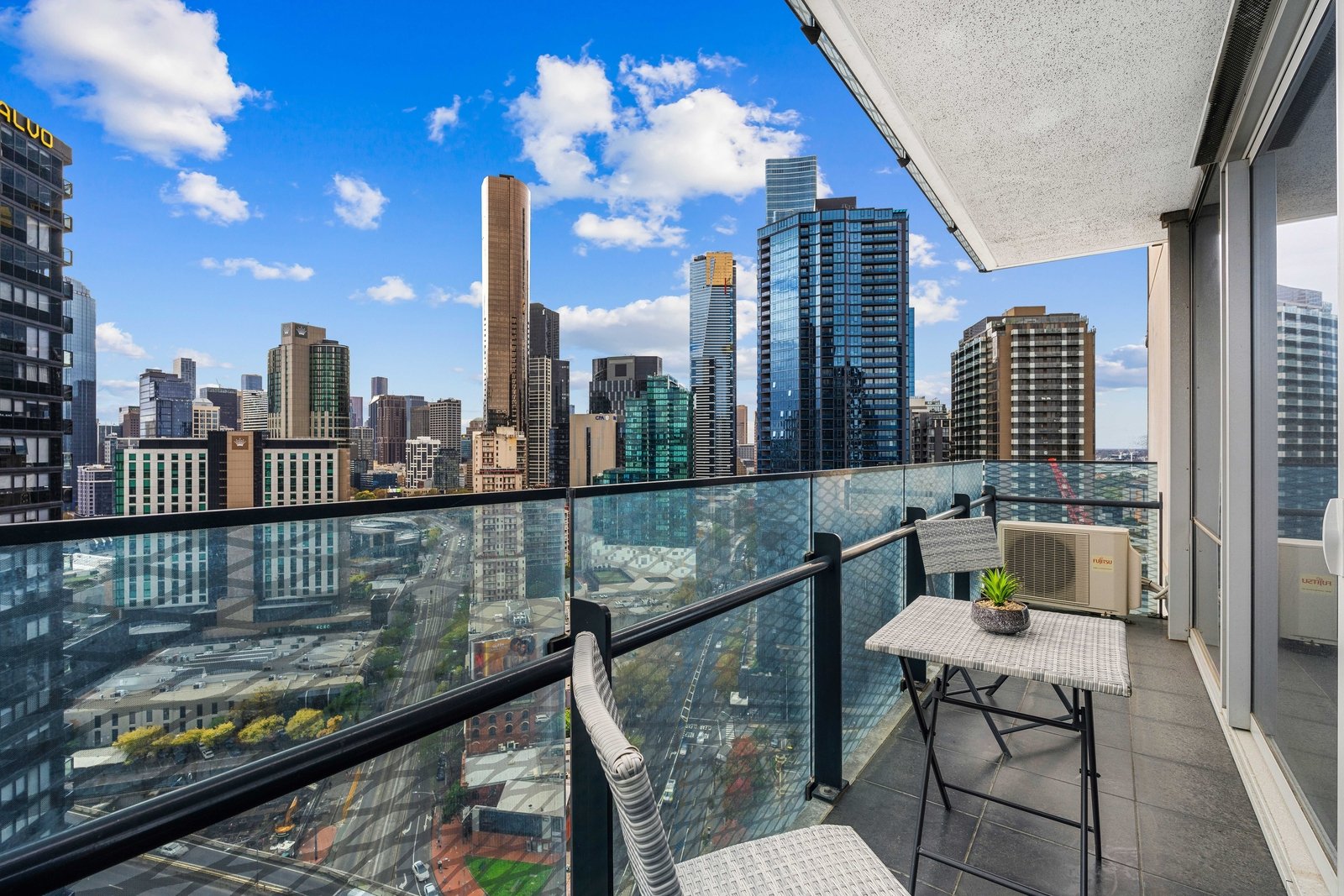When it comes to building a new home, many Australians are surprised to discover how different the financing process is compared to buying an established property. Without proper planning and expert advice, it’s easy to make decisions that delay or derail your dream home build.
This blog will walk you through the key things you should know before applying for a construction loan—and how working with a mortgage broker makes the process easier, faster, and smarter.
1. Construction Loans Are Released in Stages
Unlike a standard home loan, a construction loan is paid to your builder in stages, known as progress payments:
- Deposit – to secure the build
- Slab stage – laying the foundation
- Frame stage – structural framing complete
- Lock-up – walls, windows, and doors
- Fixing stage – internal fittings like cabinetry and tiling
- Completion – final finishes and inspections
With each stage, your lender will usually request inspections or invoices before releasing the next payment. A mortgage broker helps coordinate these stages, so your build doesn’t stall due to red tape or delays in paperwork.
2. Fixed-Price Contracts Are Crucial
Most lenders will only approve construction loans with a fixed-price building contract. This gives them confidence in the cost and timeline of your project—and protects you from cost blowouts. As your broker, we review your contract to ensure it meets all lender requirements and provides financial protection for you.
3. Budget for More Than the Build
Construction loans typically don’t cover everything. You’ll need to factor in:
- Site costs (soil testing, excavation)
- Landscaping & fencing
- Driveways or outdoor areas
- Council fees, stamp duty & lender fees
A broker helps you understand the full scope of your build budget and prepares you for any hidden costs, so you’re not blindsided halfway through your project.
4. You’ll Only Pay Interest on the Amount Used
During construction, most lenders only charge interest on the amount already drawn. This can help manage your cash flow in the early stages, but it also means careful oversight is needed to avoid delays that increase interest costs. We help track this for you, offering regular updates and advice.
5. Pre-Approval Doesn’t Last Forever
Construction timelines often extend, especially if you’re waiting for land titles or planning approval. That’s why we monitor your pre-approval expiry date, update financial documents as needed, and resubmit to lenders to avoid disruptions.




